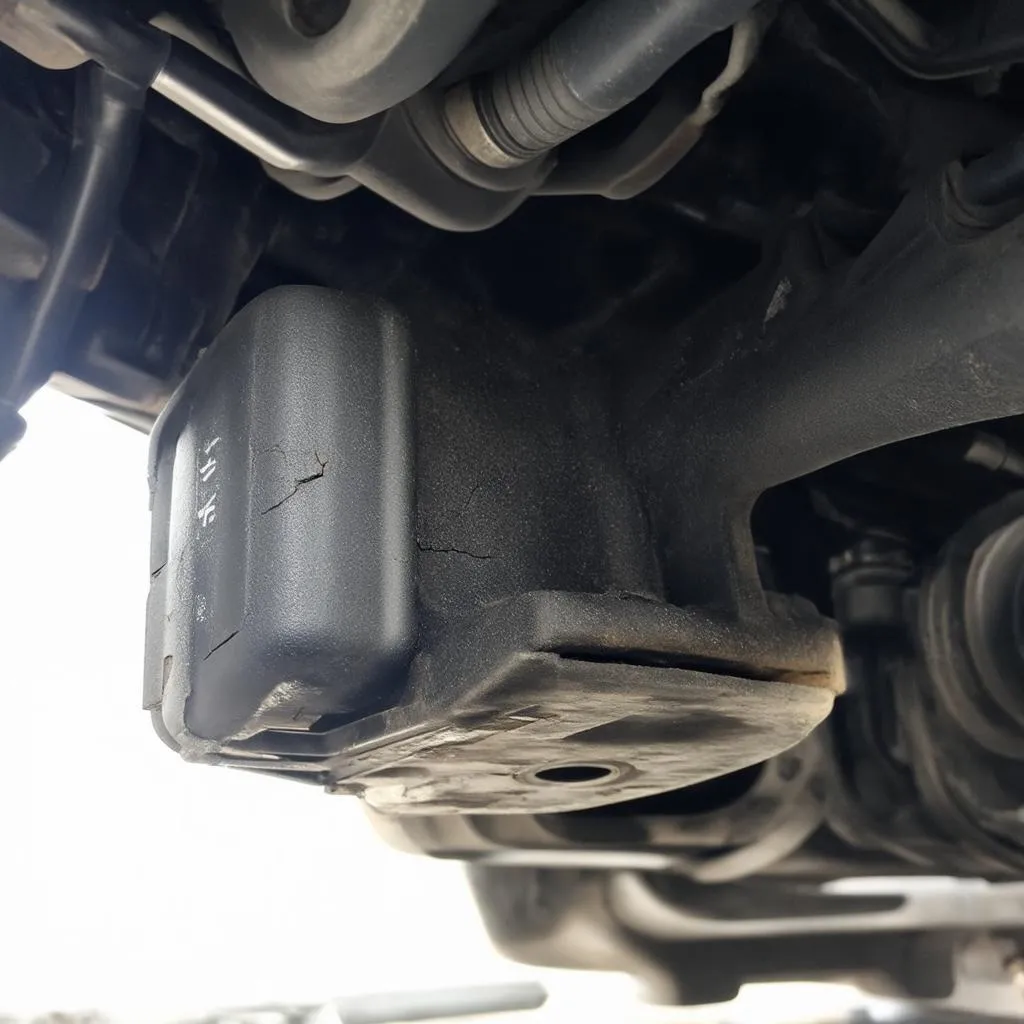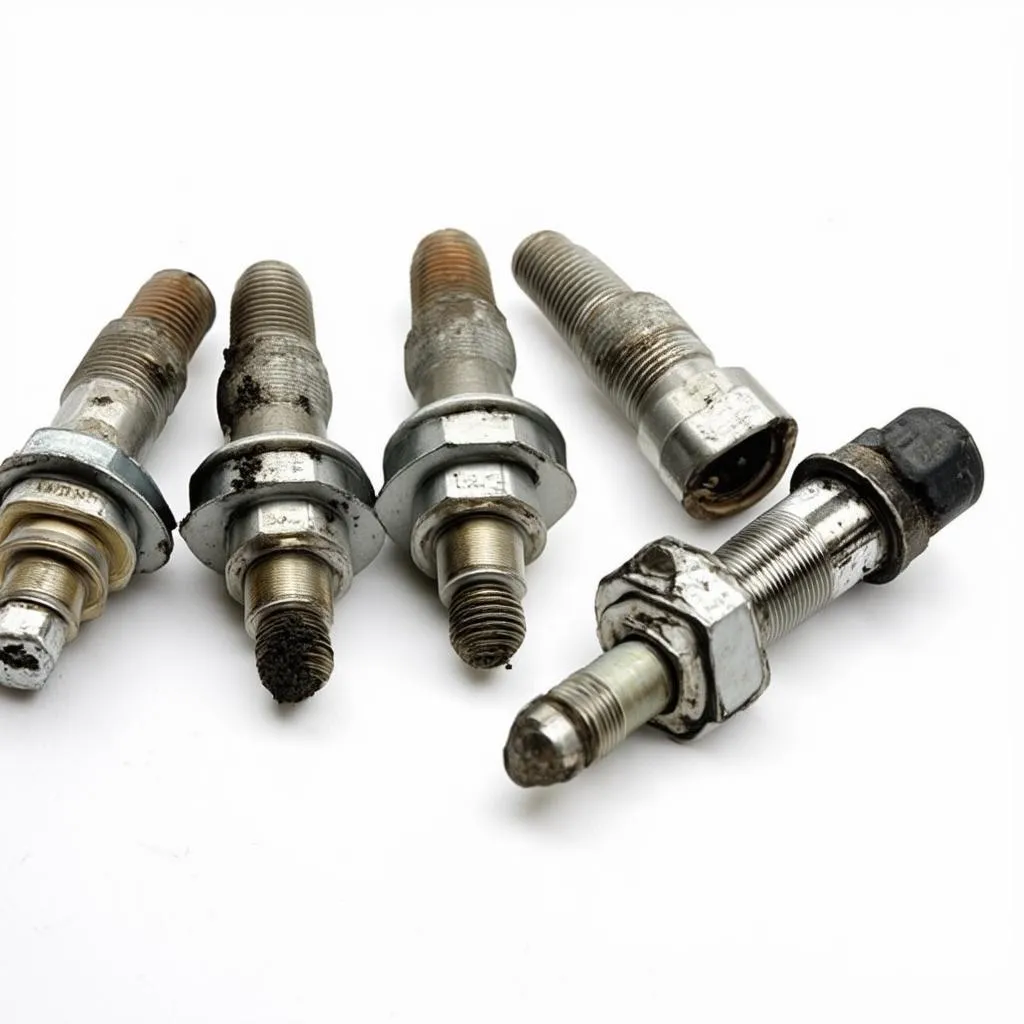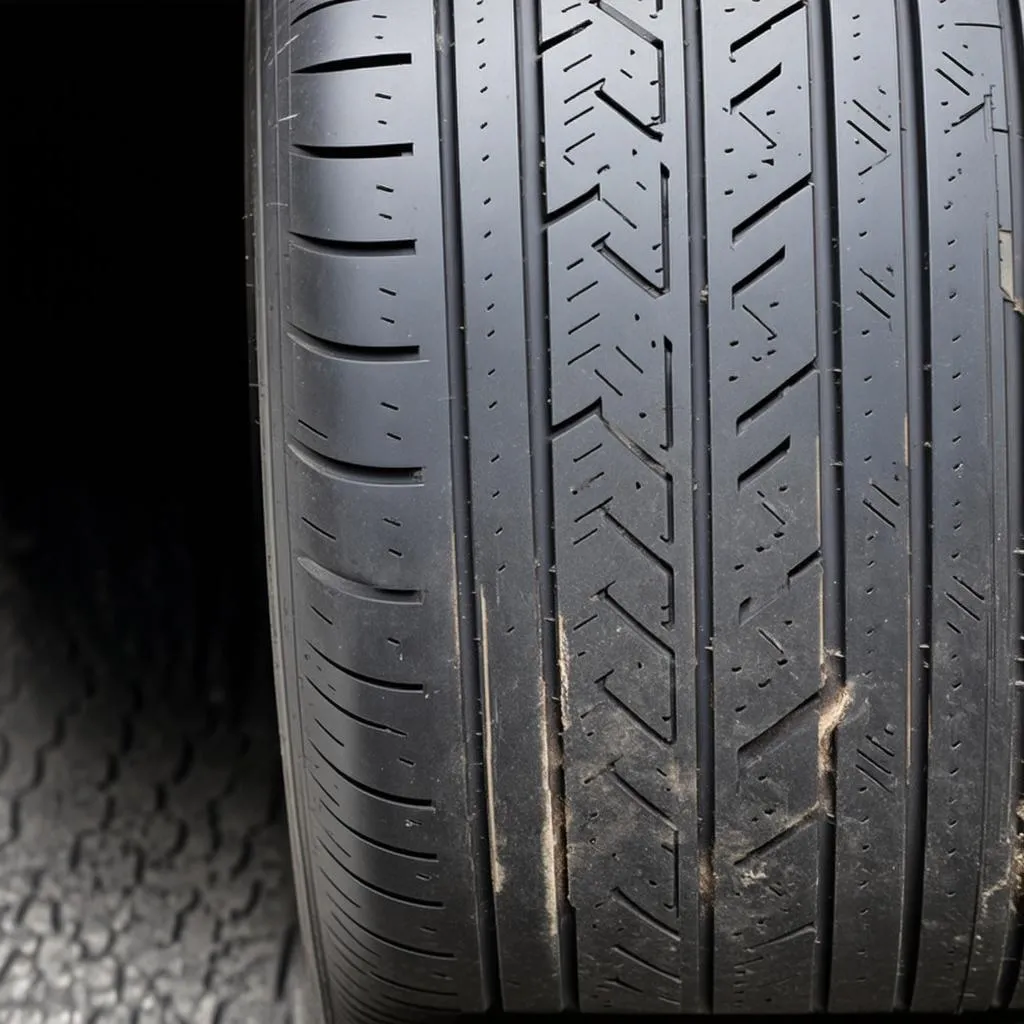Imagine this: you’re cruising down the Pacific Coast Highway in your sleek Audi A4, the California sun warming your face. You hit the gas to overtake a slow-moving minivan, and suddenly, your car starts shaking like it’s doing the jitterbug. Not exactly the smooth ride you were hoping for, right?
“Car shaking while accelerating” is a common complaint we hear from drivers, and it can be a sign of a minor annoyance or a serious underlying issue. As an expert in automotive repair, specializing in car electrical systems and diagnostic tools for European cars, let me guide you through the possible causes, solutions, and preventative measures for this bumpy problem.
Understanding the Shakes: Why Does My Car Shake When I Accelerate?
Before we dive into solutions, let’s understand why your car might be doing the “acceleration shimmy.” This issue can stem from various sources, and identifying the culprit is key to a smooth fix.
The Culprits: Common Causes of Car Shaking
- Worn-Out Engine Mounts: Just like the foundations of your house, engine mounts keep your engine in place and absorb vibrations. Over time, these mounts can wear down, causing excessive movement and those dreaded shakes, especially during acceleration when the engine is under stress.
- Faulty Spark Plugs or Ignition Coils: These components are responsible for igniting the air-fuel mixture in your engine. Worn spark plugs or failing ignition coils can cause misfires, leading to uneven power delivery and, you guessed it, car shaking.
- Clogged Fuel Injectors: Fuel injectors spray a precise amount of fuel into the engine cylinders. When clogged, they disrupt this delicate balance, causing poor engine performance and those telltale shakes during acceleration.
- Unbalanced or Damaged Tires: Your tires are your car’s only point of contact with the road. Uneven wear, improper balancing, or even a hidden bulge can cause vibrations that worsen with speed. Think of it like a washing machine on spin cycle with an uneven load.
- Worn Axles: Axles transfer power from the transmission to the wheels. A bent or damaged axle can create vibrations that are particularly noticeable during acceleration.
Don’t Ignore the Signs: The Importance of Addressing the Issue
Ignoring car shaking, especially when accelerating, isn’t just annoying; it can be downright dangerous. It often indicates a deeper mechanical issue that can worsen over time, leading to:
- Costly repairs: A small issue like worn spark plugs, if ignored, can snowball into a major engine problem.
- Reduced fuel efficiency: A poorly functioning engine has to work harder, guzzling more fuel.
- Compromised safety: Vibrations can affect your car’s handling and braking, putting you and others at risk.
Smooth Operator: Solutions for a Shake-Free Ride
Now that you understand the potential culprits and the risks of ignoring the issue, let’s explore some solutions.
1. Inspection is Key: Start with a Professional Diagnosis
Before attempting any DIY fixes, it’s crucial to get a professional inspection. A mechanic with a high-quality dealer scanner, especially for European cars known for their complex electronics, can pinpoint the exact cause of the shaking.
“Attempting to diagnose car problems without the proper tools is like performing surgery with a butter knife,” warns automotive expert Dr. Emily Carter in her book “Modern Automotive Diagnostics”. “A professional scan can save you time, money, and headaches in the long run.”
2. Targeted Solutions: Addressing Specific Problems
Once the culprit is identified, the solution can range from simple maintenance to more involved repairs:
- Engine Mount Replacement: Worn-out engine mounts will need to be replaced.
- Spark Plug and Ignition Coil Service: Spark plugs should be replaced according to your car manufacturer’s recommendations. Faulty ignition coils will also need replacement.
- Fuel Injector Cleaning: Clogged injectors can often be cleaned using a specialized fuel additive or professionally cleaned.
- Tire Inspection and Maintenance: Inspect your tires for uneven wear, bulges, or punctures. Ensure they are properly balanced and inflated to the recommended pressure.
- Axle Repair or Replacement: A bent or damaged axle will require professional repair or replacement.
3. Prevention is Better than Cure: Regular Maintenance is Key
Like any good relationship, your car needs regular attention to prevent issues down the road:
- Follow your car’s maintenance schedule: This includes regular oil changes, tune-ups, and inspections.
- Pay attention to unusual noises or vibrations: Address any issues promptly.
- Choose quality parts: Opt for reputable brands when replacing components.
Still Feeling the Shakes? We Can Help!
Experiencing car troubles can be frustrating, but you don’t have to face them alone. If your car is shaking while accelerating, contact us on WhatsApp at +84767531508. Our team of expert mechanics is available 24/7 to provide support and guidance on all things automotive, including the installation of diagnostic tools.
Don’t let car troubles put a damper on your journey. Drive smoothly and safely!
 worn engine mount
worn engine mount
 worn spark plugs
worn spark plugs
 tire tread wear
tire tread wear